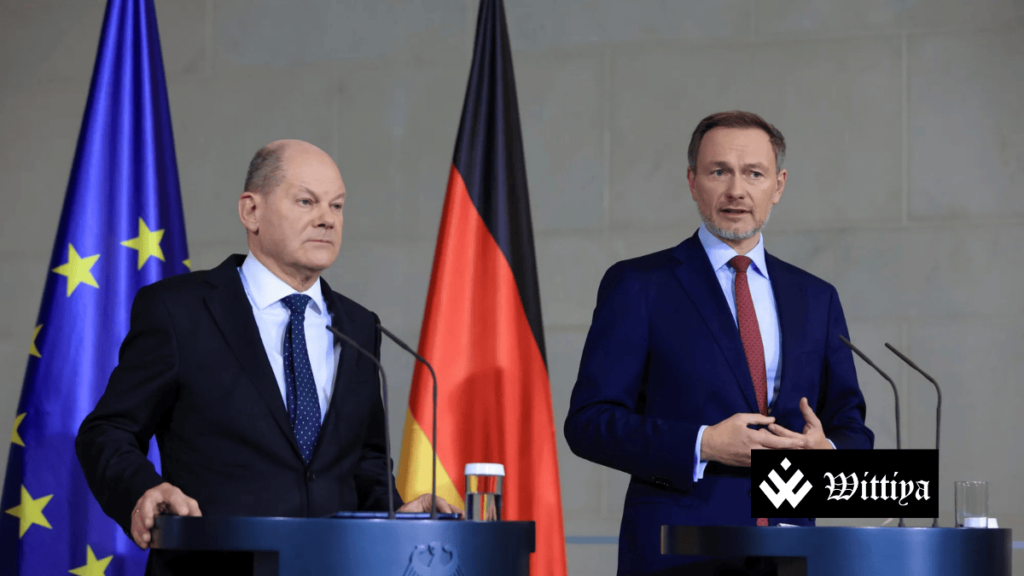The European Union (EU) is considering jointly issued defense bonds as a means to bolster security efforts in Ukraine. Drawing inspiration from the pandemic-era NextGenerationEU bond issuance, EU leaders are discussing a potential €500 billion fund to address military and security concerns. With backing from key figures, including Friedrich Merz, the likely next German chancellor, and discussions at an emergency defense summit in Paris, the EU is moving towards a united financial strategy. However, complexities remain, including legal constraints and potential market implications.
The European Union (EU) is considering issuing joint defense bonds as a means to finance military support amid the ongoing Ukraine crisis. The proposal follows growing concerns over the bloc’s ability to sustain financial aid for Ukraine while ensuring its own security.
Germany, a key player in EU financial policymaking, has indicated a willingness to support the initiative. Friedrich Merz, the likely successor to German Chancellor Olaf Scholz, has expressed broad approval for common defense bonds. The discussion gained momentum at an emergency defense summit held in Paris, attended by European leaders, including UK Prime Minister Keir Starmer.
The concept draws inspiration from the EU’s pandemic-era NextGenerationEU bond issuance program, which raised approximately €800 billion ($840 billion) to aid economic recovery. A similar approach for defense would provide a large-scale, structured financial response to rising security challenges in Europe. Experts suggest that a new fund could be structured to raise at least €500 billion over time, ensuring the necessary resources for military coordination and defense infrastructure.
Political and legal hurdles remain, as constitutional constraints in some member states could slow the approval process. However, EU leaders have historically demonstrated flexibility in adapting financial mechanisms when urgency demands it. To ensure market stability, analysts propose integrating new defense bonds with the existing €630 billion in EU Commission debt, transforming the EU’s bond market into a more liquid and attractive investment.
As the conflict in Ukraine continues and geopolitical risks escalate, European nations must decide whether a unified financial approach is necessary for their long-term security. With support growing among member states, the issuance of joint defense bonds may soon become a reality.



